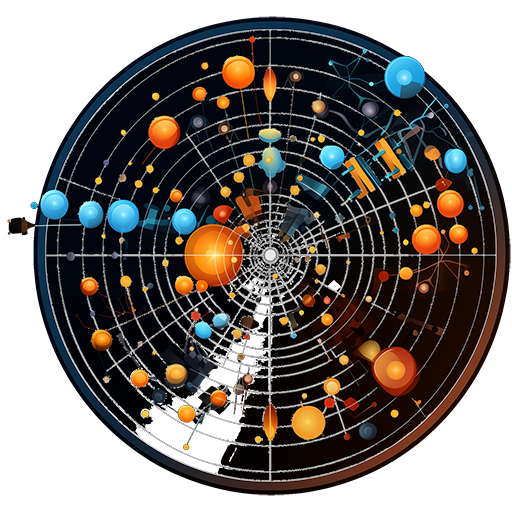Introducing DarkWiki: A New WordPress Theme for the Nephetiverse
Contents
- 1 DarkWiki: Bridging the Gap to Decentralization
- 2 The Evolution of Decentralization in Digital Tools
- 3 WordPress: A User-Friendly Giant in a Complex Landscape
- 4 The Current Landscape of Social Media and Its Alternatives
- 5 The Future of Decentralized Internet and Social Media
- 6 Conclusion: The Continuous Development of DarkWiki
DarkWiki: Bridging the Gap to Decentralization
The following will discuss DarkWiki, a WordPress theme designed to simplify the transition for users entering the Nephetiverse—a decentralized and redundant facet of the surface internet. DarkWiki aims to make decentralized online experiences more accessible, encouraging a shift from traditional centralized platforms to a more open and secure internet structure.
The Evolution of Decentralization in Digital Tools
Platforms like Codeberg and Forgejo are at the forefront of evolving into federated and decentralized entities. Their development is crucial, as it paves the way for decentralized wikis and similar collaborative tools. These advancements are essential in an era where large corporations, such as Microsoft’s ownership of GitHub, pose ironic challenges to the ethos of open-source communities.
WordPress: A User-Friendly Giant in a Complex Landscape
WordPress distinguishes itself from other content management systems like MediaWiki by offering user-friendly features such as one-click updates. While some argue that simplicity might undermine the robustness needed for secure digital environments, WordPress supports manual upgrades, allowing users to balance ease of use with technical control.
The Current Landscape of Social Media and Its Alternatives
The digital world is vast, with billions engaged in major social platforms:
- Facebook boasts around 2 billion users.
- Instagram is used by approximately 1 billion individuals.
- Twitter has a community of about 600 million.
- TikTok engages roughly 1.7 billion people worldwide.
- Reddit connects about 375 million users.
In response to the centralization of these platforms, decentralized alternatives are emerging. PixelFed offers a federated, decentralized version of Instagram, while Mastodon and Lemmy provide alternatives to Twitter and Reddit, respectively. These platforms emphasize the importance of user agency and data sovereignty, aiming to mitigate data loss risks through decentralized hosting and backups.
The Future of Decentralized Internet and Social Media
As decentralized platforms grow, systems like Arweave could play a pivotal role in enabling the permanence of decentralized wikis. The decentralized social media platforms Hive and PeakD are making significant strides in transforming how we interact online, moving away from traditional models.
Conclusion: The Continuous Development of DarkWiki
DarkWiki represents more than just a theme; it’s part of a broader movement towards a decentralized internet, or Nephetiverse. It aims to facilitate an easier transition for those looking to engage with decentralized platforms, making the process as seamless as possible. As the digital landscape evolves, DarkWiki will continue to adapt and support the growth of decentralized communities.
The journey towards a decentralized internet is ongoing, and DarkWiki is poised to be a cornerstone in this transformative process.
